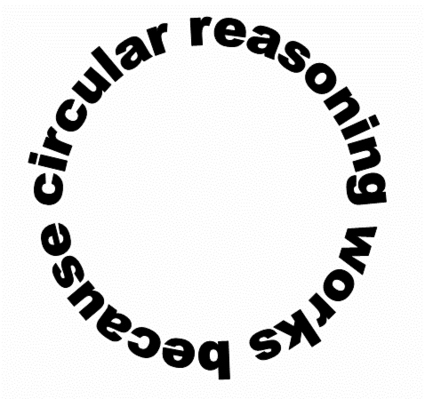FUCK THE POLICE
911 EVERY DAY
The general libertarian argument against the government goes somewhat like this:
1. Property is a natural right.
2. Taxes compulsory take property.
3. Therefore, taxes are against natural rights.
For practical purposes, of course, most libertarians accept taxation as a necessary evil to allow the government to protect other natural rights because there doesn't seem to be any alternative. The government can take money from the public to provide everyone with free police to protect their property and their lives. However, it is immoral take property to provide you with things that do not protect natural rights. Since things like healthcare and education are not natural rights, it is immoral of the government to take from others to provide people with these things.
But what are natural rights? Where do they come from? It isn't mentioned in any religious texts. I suppose someone will come on here and say that they can be derived from logic, but how? Why is it wrong for me to steal and kill you? And why can't I logically derive a right to healthcare and education?
So, why do we hold property as having any value at all? It is not because of some lofty rights granted by on high. It's because in our evolutionary past the concept of property provided our ancestors with some evolutionary advantage, and so it naturally became built into our conscious to defend our property and to help others defend theirs. I know people don't like it when I put it in that terms.
For some reason, it just seems more intuitively satisfying to think that our morality is some universal law rather than a compilation of evolutionary algorithms. However, I think such nihilistic thinking is in error. Why would our morality be any more valid if it were decreed on high? I can't think of any logical reason. Maybe immutable rights are a good concept that increase human happiness, but it doesn't seem to be natural.
So, what if sometimes defending property at all costs were not what is best for society or the species? Should we just sit here and defend it at all costs and ignore all other parts of our morality because we've dug ourselves into a logical hole? Why is your reflex to defend your property any more valid than simple human compassion for those that are dying without medical care and need it?
1. Property is a natural right.
2. Taxes compulsory take property.
3. Therefore, taxes are against natural rights.
For practical purposes, of course, most libertarians accept taxation as a necessary evil to allow the government to protect other natural rights because there doesn't seem to be any alternative. The government can take money from the public to provide everyone with free police to protect their property and their lives. However, it is immoral take property to provide you with things that do not protect natural rights. Since things like healthcare and education are not natural rights, it is immoral of the government to take from others to provide people with these things.
But what are natural rights? Where do they come from? It isn't mentioned in any religious texts. I suppose someone will come on here and say that they can be derived from logic, but how? Why is it wrong for me to steal and kill you? And why can't I logically derive a right to healthcare and education?
So, why do we hold property as having any value at all? It is not because of some lofty rights granted by on high. It's because in our evolutionary past the concept of property provided our ancestors with some evolutionary advantage, and so it naturally became built into our conscious to defend our property and to help others defend theirs. I know people don't like it when I put it in that terms.
For some reason, it just seems more intuitively satisfying to think that our morality is some universal law rather than a compilation of evolutionary algorithms. However, I think such nihilistic thinking is in error. Why would our morality be any more valid if it were decreed on high? I can't think of any logical reason. Maybe immutable rights are a good concept that increase human happiness, but it doesn't seem to be natural.
So, what if sometimes defending property at all costs were not what is best for society or the species? Should we just sit here and defend it at all costs and ignore all other parts of our morality because we've dug ourselves into a logical hole? Why is your reflex to defend your property any more valid than simple human compassion for those that are dying without medical care and need it?
Last edited:


